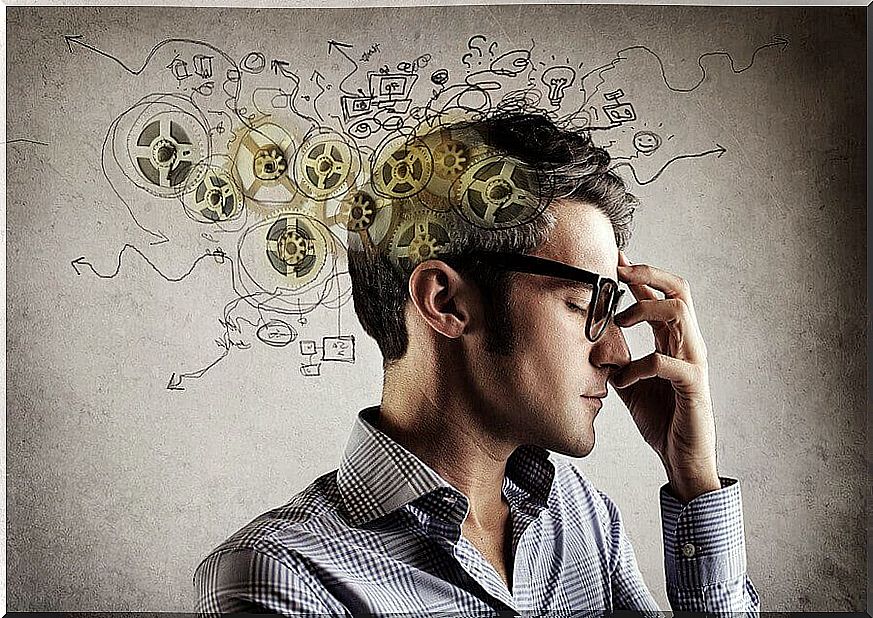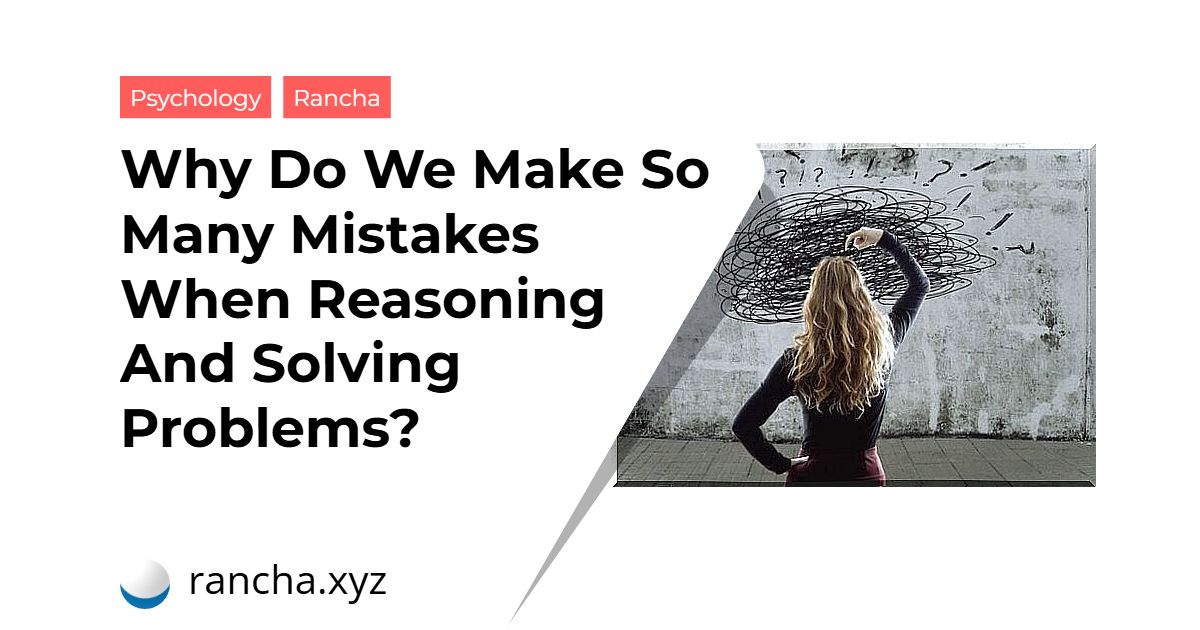It seems that more and more people get carried away by emotions rather than using logic to make decisions. After all, why is it so hard not to make mistakes in reasoning? This question was the subject of many debates, research and scientific theories. In this article, we’ll look at some of the main points of this subject.
We set out to demonstrate that people are far less rational than we usually believe, and systematically expose the reasons why this happens. No one – of course I include myself here – is exempt from this illogic. We are all irrational some of the time. And the more complex the decisions, the more they tend to be.
Irrationality can only be defined as a contrast to rationality. Therefore, we must first ask ourselves what it is to be rational. Rationality takes two forms:
- In the first of these, rational thought leads to the most likely correct conclusion, taking into account the knowledge available to it. Decisions made in this way are more complicated, as a decision can only be evaluated if we know all the variables.
- The other form of rationality is to act in such a way that the person, taking into account the knowledge at his disposal, has a greater chance of reaching his goal.

Why are errors in reasoning so common?
The book ‘ Irrationality, the enemy within’ (free translation) answers the question of why we make so many mistakes when reasoning and solving problems. It gives us a skeptical but hopeful view of our ability to think logically and act accordingly. In addition, it teaches several procedures that we can follow to improve this skill.
It may be that not all of our errors are resolved through the processes suggested by Stuart Sutherland, author of the book. However, it is very likely that if we had known the contents of the book, most of us would not have made so many bad decisions that directly or indirectly affected our lives.
Studying the mechanisms of irrationality is a path to self-knowledge and also to the knowledge of how society works. Obedience, conformism, availability error, organizational madness, misplaced coherence, the halo effect, the spectator effect, stereotypes… are some of the characteristics of our thinking that are studied as possible sources of our erroneous form of reason.
On the other hand, rationality is also about decision making. In this sense, it is customary to understand that if our choices lead us to our ends, we will be rational people; if not, no. Therefore, there are several psychological effects that lead us to make appropriate decisions. The main ones are the following: the ability to postpone judgment, the complexity of the decision and the influence of emotions.
Are we aware that we fall into the traps of our own irrationality?
Beliefs don’t always come from reality. Sometimes they arise from the need we have to maintain our self-image. For example, if we believe that others are unreliable, it may be because we need to see ourselves as honest people in comparison.
So, in some situations, our strongest beliefs only hide a very deep fear. They can even be the projection of our own characteristics that we do not want to accept because they would conflict with the idealized image we have of ourselves.

Sometimes we get too comfortable and don’t want to change. When we believe in something, we adopt a comfortable position because that way we don’t have to change or keep looking. The content of a belief doesn’t matter. Once we treat it as true, our search is over. However, this can sometimes lead to errors in our logic.
Can we train our reasoning?
Our way of thinking can and must be trained. Since childhood, they teach us various types of behaviors for personal care with appearance: brushing teeth, bathing, cutting nails, eating, learning to dress, etc. But what about psychological care and mental hygiene?
We have to assume that, in some situations, the mind deceives us. The reality we observe first passes through certain filters. They make the same event (such as changes, endings, unexpected situations,…) to be considered both as a wonderful opportunity and as a negative fact.
These thought filters are so powerful that they can act as traps, which trap us and provoke emotions that are not always pleasant. Furthermore, they can make us make decisions or reach conclusions that are not completely correct.
Ultimately, by taking care of our mental hygiene we can escape our own intellectual traps. How to do this? Following these rational principles will make it easier to reason and solve our problems.
- Seeking evidence or arguments that are contrary to our beliefs.
- Not believing a statement to be true because we believe part of it is.
- Remembering that changing your mind in light of new evidence is a sign of strength, not weakness.
- Trying not to let ourselves be led little by little into an action that, in the beginning, we hadn’t chosen.
- Not letting ourselves be carried away by a crowd to perform actions we wouldn’t do alone.
It may be that not all of our errors in thinking are resolved through the rational principles we have suggested in this article. But it is very likely that, with a little effort, we will be able to improve enormously when it comes to making decisions and understanding how the world really works.
 rancha.xyz Be free to choose their own route to self-knowledge, health and balance of body and soul.
rancha.xyz Be free to choose their own route to self-knowledge, health and balance of body and soul.




